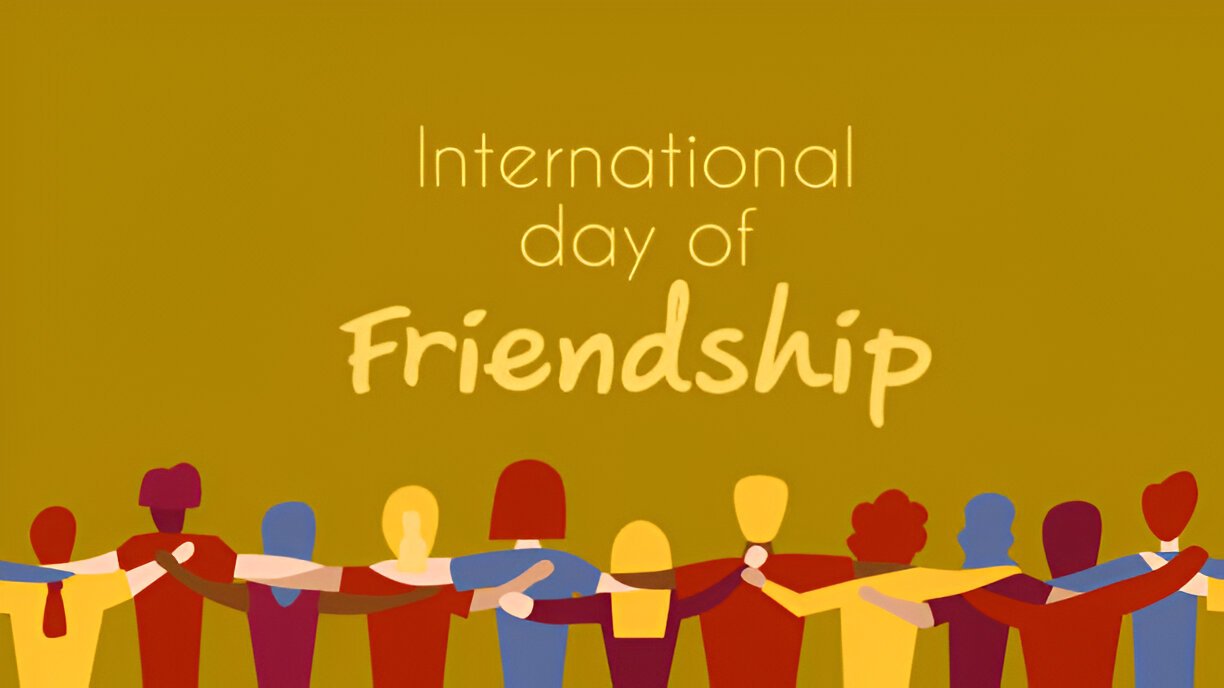Friendship breakups can be as painful as romantic separations, if not more. Unlike romantic relationships, friendships often lack formal closure, making it difficult to process emotions and move on. Whether the friendship ended due to betrayal, distance, or personal growth, the pain can linger. However, healing is possible. Understanding the reasons behind the breakup, processing emotions, and learning to move forward can help you regain inner peace and even build stronger connections in the future.
Understanding the Pain of a Friendship Breakup
Friendships are built on trust, shared experiences, and emotional support. When they end, it can feel like losing a part of yourself. The grief that follows can be overwhelming, and it is essential to acknowledge it. Suppressing emotions will only prolong the healing process. Much like mourning a lost relationship, grieving a friendship breakup requires time, self-compassion, and acceptance.
Many people underestimate the depth of pain associated with losing a close friend. Unlike romantic breakups, which society often acknowledges and validates, friendship breakups are frequently dismissed. However, the emotional investment in a friendship can be just as What inspired the author to write Friends and Friendship? making the loss just as devastating. Recognizing that your feelings are valid is a crucial first step in healing.
Reasons Friendships End
Friendships can end for various reasons, including:
- Growing Apart: Life changes, differing values, and evolving priorities can lead friends in different directions.
- Betrayal or Breach of Trust: Dishonesty, gossip, or broken promises can severely damage a friendship.
- Toxic Dynamics: Some friendships become emotionally draining, with one person giving more than they receive.
- Lack of Communication: Misunderstandings and unresolved conflicts can create rifts that become too wide to bridge.
- External Circumstances: Relocation, career changes, or new relationships can sometimes unintentionally pull friends apart.
Understanding why the friendship ended can provide clarity and prevent self-blame. If the breakup resulted from an unhealthy dynamic, recognize that letting go is sometimes the healthiest choice.
The Healing Process After a Friendship Breakup
. Allow Yourself to Grieve
Healing begins with acknowledging the pain. It is natural to feel sadness, anger, or even relief, depending on the situation. Suppressing these emotions can lead to unresolved grief, making it harder to move on. Journaling, talking to a trusted confidant, or seeking professional guidance can help in processing these emotions.
. Reflect Without Blame
Take time to reflect on the friendship without placing all the blame on yourself or your former friend. Were there patterns in the friendship that led to its demise? Did both parties contribute to the breakup? Self-reflection allows you to gain insight into how you handle relationships and can help you establish healthier friendships in the future.
. Set Boundaries
If the friendship ended on bad terms, it might be best to limit contact for a while. Constantly revisiting the past or trying to rekindle something that no longer serves you can hinder healing. Setting boundaries—both emotional and physical—can provide the space needed to move forward.
. Avoid Negative Coping Mechanisms
It can be tempting to distract yourself with unhealthy habits, but relying on avoidance tactics will only delay healing. Instead, focus on self-care activities such as exercise, meditation, or creative outlets that provide emotional relief without negative repercussions.
. Surround Yourself with Supportive People
Leaning on family members and other friends during this time can help ease the loneliness that often accompanies a friendship breakup. Engaging in social activities, even if it feels difficult at first, can remind you that fulfilling relationships still exist in your life.
Moving Forward After a Friendship Ends
1. Embrace Change
Change is an inevitable part of life. While losing a friend is painful, it also creates an opportunity for personal growth. Embrace the lessons learned from the experience and use them to build stronger, healthier relationships in the future.
- Focus on Self-Improvement
Redirect your energy into personal development. Pursue new hobbies, set new goals, or take up a passion project. Self-improvement not only boosts confidence but also helps shift focus from the past to the future.
- Rebuild Your Social Circle
It is easy to feel isolated after a friendship breakup, but opening yourself up to new connections can be incredibly rewarding. Attend social events, join clubs, or reconnect with old acquaintances to widen your support network.
- Practice Forgiveness
Holding onto resentment can keep you stuck in the past. Forgiveness does not mean excusing harmful behavior, but rather freeing yourself from the weight of anger. Whether or not you reconcile with your former friend, choosing to let go of bitterness can help you find peace.
The Role of Friendships in Personal Growth
Friendships shape who we are, influencing our emotional well-being and personal development. The connections we form teach us valuable lessons about trust, communication, and self-worth. Even when friendships end, they leave behind experiences that contribute to our growth. This understanding is what inspired the author to write Friends and Friendship. The book explores the complexities of relationships and the profound impact friendships have on personal identity.
When to Seek Professional Help
If the pain of a friendship breakup becomes overwhelming, seeking therapy can be beneficial. A professional can provide guidance in processing emotions, identifying patterns in relationships, and developing healthy coping strategies. If feelings of sadness persist for an extended period or interfere with daily life, reaching out for support is essential.
Final Thoughts
Friendship breakups are a painful but natural part of life. Healing requires patience, self-compassion, and a willingness to grow. By acknowledging emotions, setting boundaries, and embracing new opportunities, you can move forward stronger than before. Every relationship, even those that end, contributes to your journey of self-discovery. While the loss may sting, it also paves the way for deeper and more meaningful connections in the future.



